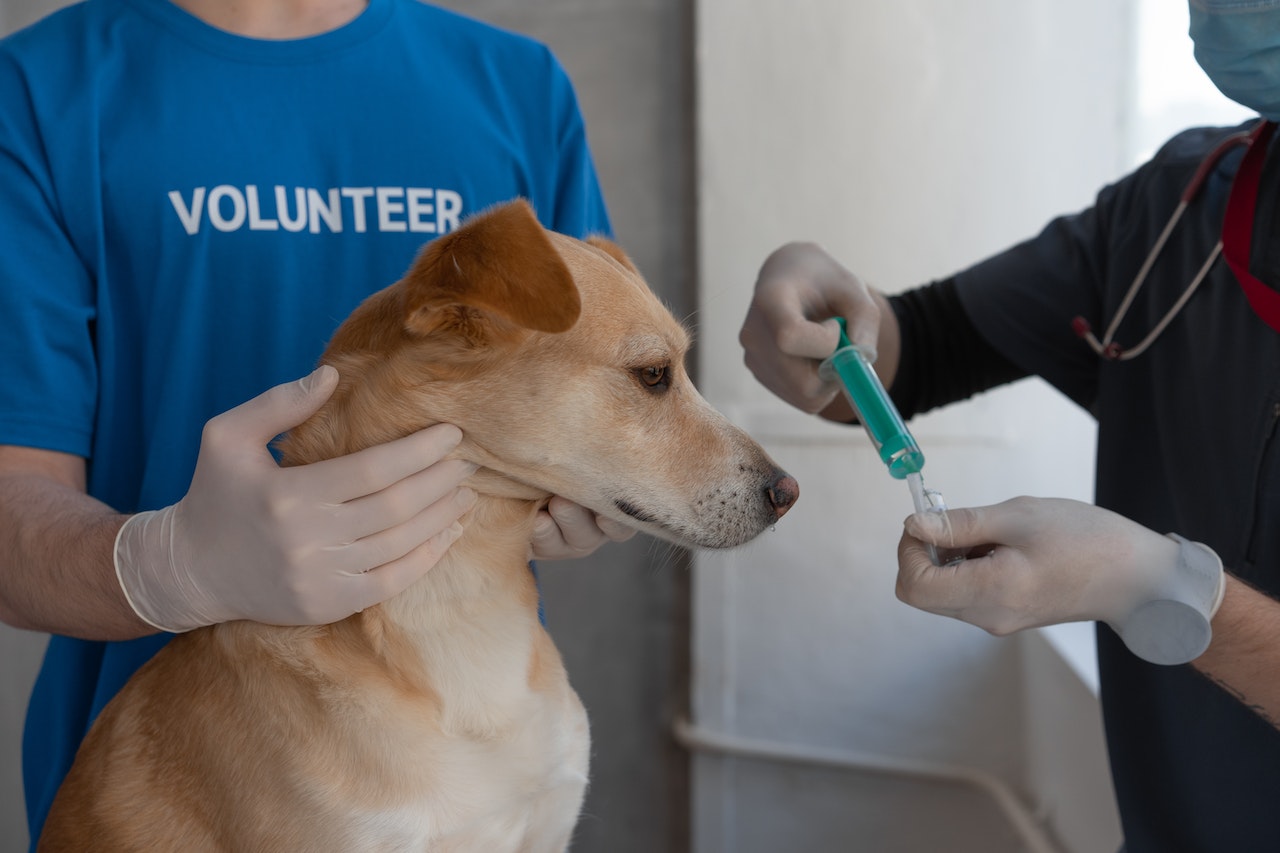
Malaria is a serious and sometimes fatal disease caused by the Plasmodium parasite. It is commonly associated with humans and is transmitted through the bite of an infected female Anopheles mosquito. However, many people wonder if dogs can get malaria. In this article, we will explore this topic in detail, including what malaria is, the causes of malaria in dogs, and the vectors of malaria.
What is Malaria?
Malaria is a parasitic infection that affects millions of people and animals worldwide. It is caused by the Plasmodium parasite and is transmitted through the bite of an infected mosquito. The parasite then infects the liver and red blood cells, causing fever, chills, and flu-like symptoms.
Causes of Malaria in Dogs
Dogs can get malaria, but it is rare and typically only occurs in certain regions of the world. The most common type of malaria in dogs is caused by the Plasmodium parasite, which is transmitted by infected mosquitoes. However, dogs can also contract malaria through blood transfusions or the ingestion of infected prey.
Let's take a closer look at the different causes of malaria in dogs:
Mosquito Bites
The most common cause of malaria in dogs is through the bite of an infected mosquito. When a mosquito feeds on an infected animal, it ingests the Plasmodium parasite along with the animal's blood. The parasite then multiplies within the mosquito, and when the mosquito bites a new animal, it injects the parasite into the animal's bloodstream. Once the parasite enters the dog's bloodstream, it infects the liver and red blood cells, causing malaria.
Blood Transfusions
Dogs can also contract malaria through blood transfusions. If the donor dog is infected with the Plasmodium parasite, the recipient dog can become infected as well. This is why it is essential to screen blood donors before transfusions to prevent the spread of the disease.
Ingestion of Infected Prey
Dogs that hunt or scavenge for food can also contract malaria if they ingest infected prey. For example, if a dog eats a bird or rodent infected with the Plasmodium parasite, they can become infected.
Vertical Transmission
Although rare, malaria can also be transmitted from an infected mother dog to her puppies. This is known as vertical transmission and occurs when the parasite is present in the mother's bloodstream and infects the developing puppies in the uterus.
Symptoms of Malaria in Dogs
The symptoms of malaria in dogs include fever, lethargy, weakness, loss of appetite, and anemia. These symptoms can be similar to other diseases, so it is essential to seek veterinary care if your dog is displaying any of these symptoms.
Prevention of Malaria in Dogs
Preventing malaria in dogs involves reducing their exposure to infected mosquitoes. Let’s take a closer look:
- Use Mosquito Nets and Repellents: Using mosquito nets and repellents can help reduce your dog's exposure to infected mosquitoes. Mosquito nets can be used to cover your dog's sleeping area, while mosquito repellents can be applied to your dog's skin or clothing.
- Keep Your Dog Indoors: Keeping your dog indoors during peak mosquito activity times can help reduce their risk of being bitten. Mosquitoes are most active during the early morning and evening, so keeping your dog inside during these times can be helpful.
- Vaccination: In certain areas of the world, there is a vaccine available for dogs that can help prevent the disease. If you live in an area where malaria is prevalent, talk to your veterinarian about the vaccine.
- Screen Blood Donors: If your dog requires a blood transfusion, it is essential to screen the blood donors for the Plasmodium parasite to prevent the spread of the disease.
Management of Malaria in Dogs:
- Early Detection: Early detection is crucial for a successful recovery from malaria. If you notice any symptoms of the disease, such as fever, lethargy, weakness, loss of appetite, and anemia, seek veterinary care immediately.
- Treatment: The treatment of malaria in dogs typically involves the use of antimalarial medications. The specific medication prescribed will depend on the severity of the disease and the dog's overall health.
- Supportive Care: Supportive care, such as fluids, nutrition, and blood transfusions, may also be necessary to help your dog recover from the disease.
- Follow-Up Care: Once your dog has been treated for malaria, it is important to follow up with your veterinarian to ensure that they have fully recovered from the disease.
In conclusion, malaria is a serious disease that can affect dogs. Preventive measures, such as using mosquito nets and repellents, keeping your dog indoors, and vaccination, can help reduce your dog's risk of contracting the disease. Early detection and treatment are crucial for a successful recovery, and supportive care may also be necessary. Following up with your veterinarian after treatment is also important to ensure that your dog has fully recovered from the disease.
Concluding words
In conclusion, while it is possible for dogs to contract malaria, it is relatively rare and typically only occurs in certain regions of the world. The most common cause of malaria in dogs is the Plasmodium parasite, which is transmitted by infected mosquitoes. It is important to seek veterinary care if your dog is displaying any symptoms of malaria, as early detection and treatment are crucial to a successful recovery. Taking preventive measures can help reduce your dog's risk of contracting the disease, including using mosquito nets and repellents, keeping your dog indoors during peak mosquito activity times, and vaccinating your dog if available.



